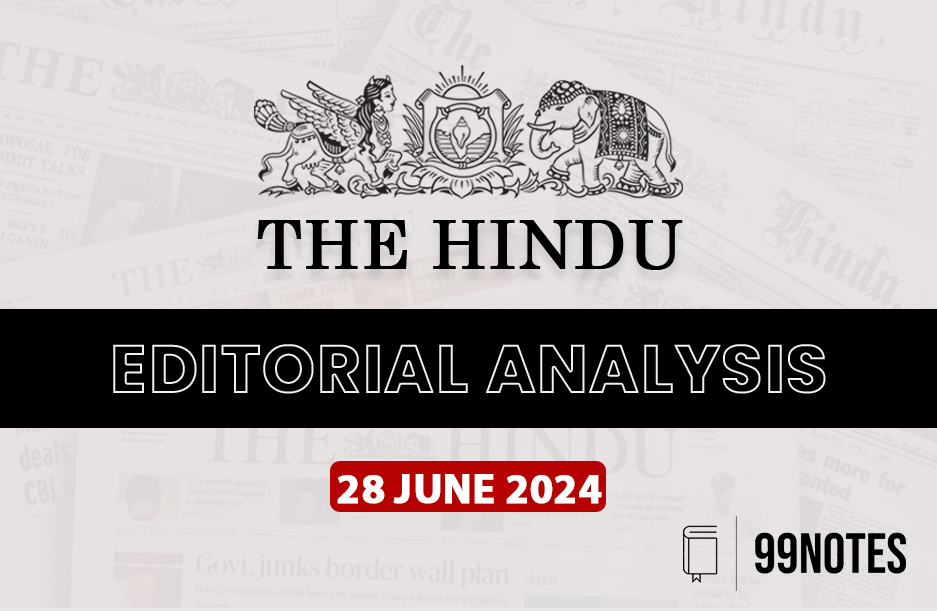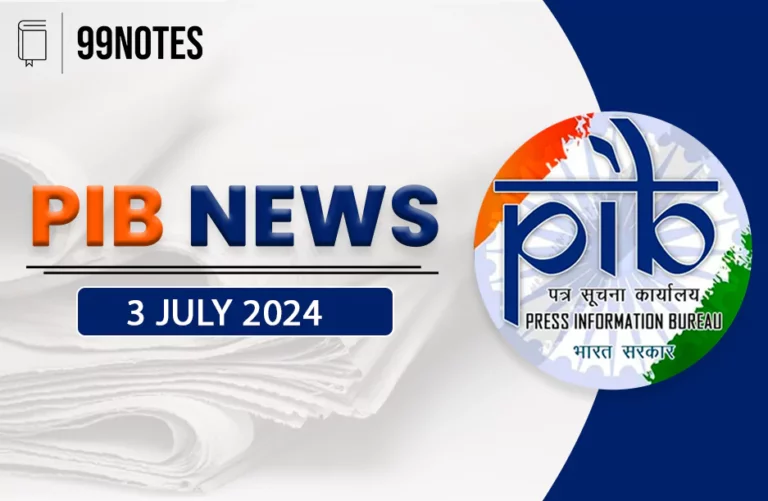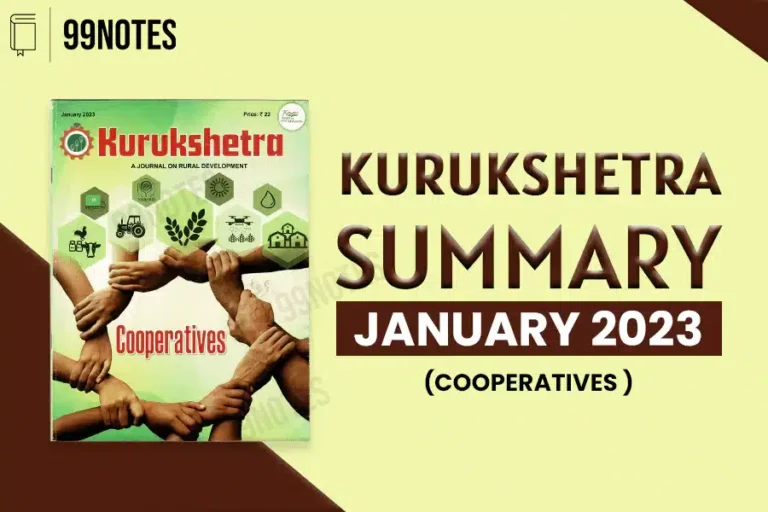28 June 2024 : The Hindu Editorial Analysis
1. Reasi and the ‘years-old’ issue of cross-border terror
(Source – The Hindu, International Edition – Page No. – 8)
| Topic: GS2 – International relations – Bilateral relations, GS3 – Internal Security – Role of external state and non-state actors. |
| Context |
|
Background of Recent Terror Attacks:
- On June 9, a terrorist attack occurred in Reasi, Jammu and Kashmir, coinciding with India’s Prime Minister taking oath for a third term.
- This incident mirrored a similar attack on the Consulate General of India in Herat, Afghanistan, in May 2014, just days before the PM’s first swearing-in.
- Both attacks aimed to disrupt and embarrass India on significant political occasions.
Challenges of Terrorism in Jammu and Kashmir:
- The Reasi attack underscores persistent challenges posed by terrorist groups operating from Pakistan.
- Jammu division has witnessed numerous terrorist incidents recently, highlighting the ongoing security threats in the region.
- Terrorist groups seek to exploit communal tensions, target prominent figures, and destabilise security forces, reflecting a long-standing security challenge for India.
Historical Context and Pakistan’s Role:
- Pakistan historically supported separatism in Jammu and Kashmir, leveraging Islamist groups as part of its strategic approach.
- Successive Pakistani leaders endorsed promoting separatist agendas through terrorism, complicating bilateral relations with India.
- Despite diplomatic efforts, Pakistan’s strategic doctrine includes using terrorism as a tool to pressure India, undermining peace efforts.
India’s Response Strategies:
- India initially employed defensive counter-insurgency and counter-terrorism measures in the 1990s to combat rising terrorism in Jammu and Kashmir.
- The composite dialogue framework with Pakistan, initiated in 1998, aimed to address mutual concerns, including terrorism and conflict resolution.
- Despite efforts under different PMs like Vajpayee, Singh, and Modi, Pakistan’s reluctance to address India’s terrorism concerns persisted, stalling bilateral progress.
Diplomatic Efforts and Military Actions:
- India’s response to major terrorist incidents, such as the 2001 Parliament attack and the 2008 Mumbai attacks, included diplomatic isolation of Pakistan.
- Military options were considered post-Uri in 2016 and Pulwama in 2019, with limited surgical strikes and the Balakot aerial strike, signalling a shift towards pre-emptive military doctrines.
- Despite kinetic actions, India continues to face dilemmas over defining and responding to “unacceptable” terrorist threats emanating from Pakistan.
International Dynamics and Counter-terrorism Cooperation:
- Global recognition of Pakistan’s role in supporting terrorism against its neighbours has not deterred its use of plausible deniability.
- India has consistently shared evidence linking Pakistani groups to terrorist acts, aiming to bolster international support for counter-terrorism efforts.
- The External Affairs Minister’s call for curbing cross-border terrorism emphasises the need for international cooperation in addressing state-sponsored terrorism effectively.
Conclusion:
- The Reasi attack underscores ongoing security challenges in Jammu and Kashmir due to Pakistan-backed terrorism.
- India’s historical approach combining diplomatic initiatives with calibrated military responses reflects its strategy to combat terrorism effectively.
- International collaboration remains crucial in addressing the root causes of terrorism emanating from Pakistan and ensuring regional stability.
| PYQ: Terrorist activities and mutual distrust have clouded India-Pakistan relations. To what extent the use of soft power like sports and cultural exchanges could help generate goodwill between the two countries? Discuss with suitable examples. (200 words/12.5m) (UPSC CSE (M) GS-2 2015) |
| Practice Question: Discuss the implications of Pakistan-backed terrorism, on India’s national security strategy and diplomatic relations. How can India effectively address these challenges in the context of its regional security dynamics? (250 Words /15 marks) |




